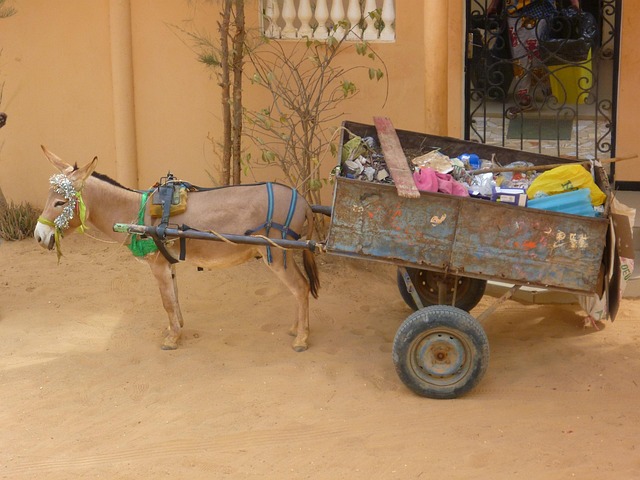As the world leans towards more sustainable practices, the discourse around selective waste collection in transportation developments is becoming increasingly relevant, especially in rural areas. This approach not only highlights the importance of integrating waste management systems into transportation but also reflects a conscious effort towards creating sustainable rural communities.
Transport sustainability is crucial in today’s environmentally-conscious society. In rural settings, where geographical constraints often pose challenges to efficient waste management, innovative solutions must be explored. The emphasis on selective waste collection is pivotal. This strategy advocates for the segregation of waste at the source, ensuring recyclables and organic materials are directed to appropriate processing facilities. By promoting recycling and composting, rural regions can reduce their overall waste footprint while also enhancing local economies through the creation of green jobs.
Moreover, rural development is intricately linked to effective waste management. As communities strive to grow and attract new residents, a clean environment becomes a significant draw. Integrating selective waste collection into public transport systems can significantly enhance the quality of life in these areas. Buses equipped with dedicated bins for recyclables and compostable items can foster a culture of sustainability among passengers, making waste management a communal effort.
Additionally, the synergy between rural transport and selective waste collection can stimulate economic opportunities. By incorporating waste management into transport programs, local governments can create jobs not only in waste collection but also in education and outreach. As residents begin to understand the value of recycling and waste reduction, they become more engaged, leading to better practices in waste management and, consequently, a cleaner environment.
Furthermore, integrating technology into these systems can provide substantial benefits. GPS tracking could be used to optimize waste collection routes, ensuring efficiency and reducing emissions. Innovative apps can educate citizens about proper waste segregation, encouraging their participation in local initiatives. By combining technology with community engagement, the movement towards a cleaner, more sustainable rural landscape gains momentum.
It is important to recognize that the journey towards sustainable rural transportation is not just about reducing waste; it is about fostering a sense of responsibility and community among residents. When individuals feel pride in their environment, they are more likely to contribute positively. Selective waste collection serves as a catalyst for change, inspiring rural communities to embrace sustainability as part of their identity.
As we delve into the future of rural development, it becomes apparent that selective waste collection in transportation developments does more than simply manage waste; it lays the groundwork for thriving, sustainable communities. By prioritizing the integration of waste collection systems into transportation infrastructure, we can create a holistic approach that benefits both the environment and the economy, ultimately reinforcing the connection between transport sustainability and rural well-being.




